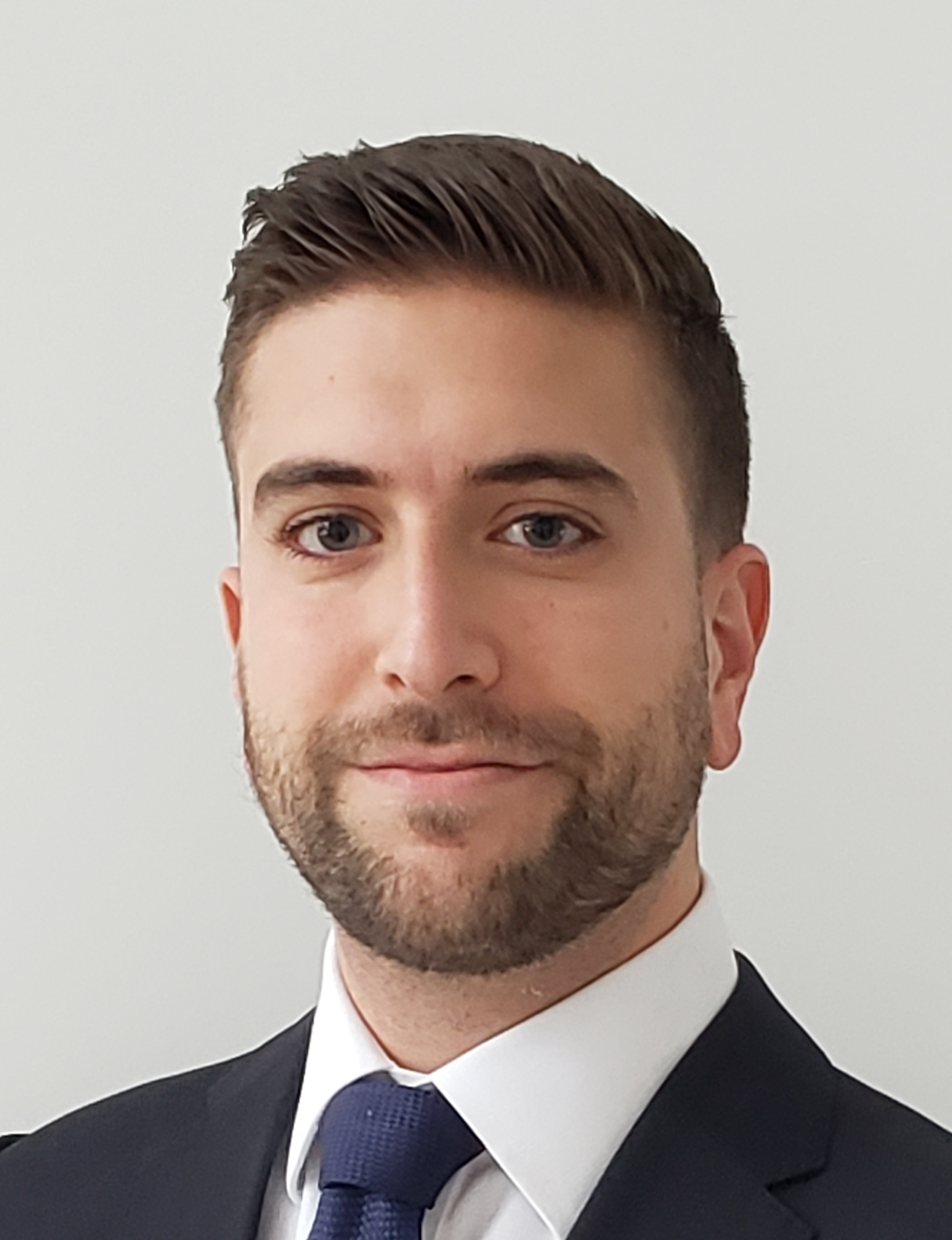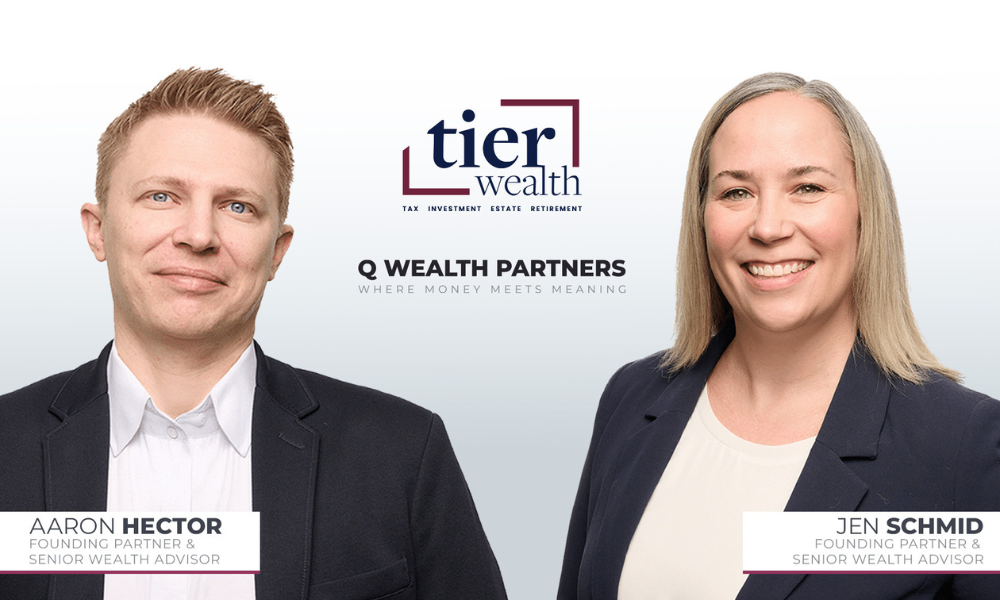A lack of imagination could be setting you up to lose out on a massive intergenerational transfer of wealth, writes Andrew Khawam

THE WEALTHIEST generation in our history is getting older and is preparing to pass their estates to the next generation. Trillions of dollars have started to change hands already – but plenty of advisors are missing out on the action.
Many advisors don’t seem to understand the repercussions of not signing their clients’ children or just don’t know how to approach this new target market. Some advisors have strict new clientele criteria with large minimum asset requirements likely to alienate young adults.
As advisors, we shouldn’t just be looking for good investments in the markets, but also good investments for our business. Signing these young adults requires a small-time investment likely to bring great returns, both in terms of retaining assets under management and contributing to the value of your book of business.
Where do clients’ assets go after their estates are settled? A survey by Investment News found that 66% of young adults don’t stay with their parents’ advisors. This is the consequence of not targeting clients’ children as potential heirs to existing assets. By using a little imagination, you can include clients’ children in your practice at a young age and thus retain those assets in the future.
One example is offering to help wealthier clients’ children participate in their parents’ charitable foundations. You can also offer ‘Investment 101’ courses to these young adults to teach them the basics, such as the differences between mutual funds, stocks and bonds. Desjardins does something similar to snag young clients via the school caisse program, which opens accounts for children in Quebec and Ontario elementary schools. Once these youngsters get a little older, their account is transferred to a savings account. Eventually, they become adults, using more of Desjardins’ services. This model puts Desjardins one step ahead of their parents’ financial advisor in receiving the transfer of their wealth.
Following Desjardins’ example, you could offer to open in-trust accounts for their clients’ younger children. Once child is of legal age, you can transfer the in-trust account to the child’s personal account.
Clients’ older children might be open to an offer of help with their first home purchase. For example, many of these young adults are not aware of the benefits of using RRSPs to purchase a home, and often they aren’t comfortable choosing a mortgage product. Guiding them through the largest purchase of their lives will establish a strong basis for a relationship that will help retain the family’s estate.
Another point to consider is the resale value of your book of business. As clients get older, so do advisors. Many independent advisors rely heavily on the sale of their book of business once they retire. The possibility of a client’s estate being transferred to a competitor is likely to lower the amount you could sell your practice for.
Having a business that encompasses entire families is a great selling point for potential buyers – it reassures them that the assets under management will not be lost when the estates are transferred to the younger generation. More often than not, the advisor buying a book from a retiring advisor will outlive older clients. A younger advisor will be more attracted to a book of business with a lower average client age.
Updating your service model will help attract more potential buyers. Many financial firms offer their clients ‘family bundles’ that let their children take advantage of their fee-based rates. If you’re working in a team, letting the junior advisors establish a relationship with clients’ children can also increase your team’s experience and help build a family-based business.
Consistency is a great trait when it comes to investing, but it’s necessary for advisors to be able to change with the surrounding environment. Lacking the imagination to attract the next generation of investors can negatively impact the growth and value of your business. Thinking outside of the box can help you secure the assets for which you worked so long and hard.
 Andrew Khawam is an investment advisor with Industrial Alliance Securities. He has more than seven years of industry experience working with high-net-worth clients.
Andrew Khawam is an investment advisor with Industrial Alliance Securities. He has more than seven years of industry experience working with high-net-worth clients.



